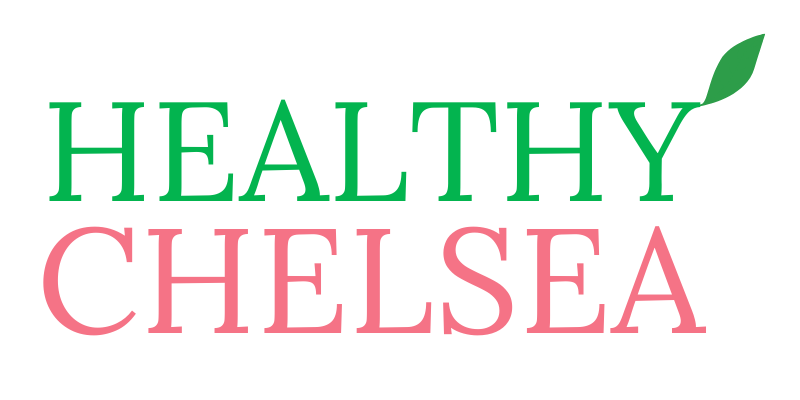You know the expression, “Happy Wife, Happy Life?”
Well, I’m proposing an updated version of that:
Happy Gut, Happy Life!
You’re right, it doesn’t quite have the same ring to it…
But it does happen to be more accurate.
That’s because the happiness hormone, serotonin, is mostly made in our gut.
In fact, it’s a whopping 90% of serotonin that is made in our gut!
Serotonin is the “feel good” happy hormone that affects our:
Mood
Sleep
Appetite
Digestion
And if we’re low on serotonin, we:
Feel low
Have trouble sleeping
Feel anxious
Have cravings for sweet and starchy food
And chronically, low serotonin can increase the risk of:
IBS
Heart disease
Osteoporosis
So how do we make sure our bodies are producing enough serotonin?
Well, it all starts in the gut.
The microbes in our colon determine whether our cells make enough serotonin.
If we have a healthy and diverse group of microbes, then our cells can make serotonin.
And how do we make sure we have a healthy and diverse group of microbes?
We feed the good bugs in our gut!
And what do the good microbes eat?
FIBER!
Now, fiber comes in many shapes and sizes (soluble, insoluble, resistant) but there’s one type I want you to focus on:
PREBIOTICS!
Prebiotics are the specific fiber-rich, fermentable foods that feed the good microbes in our gut.
Here’s your must-have list of prebiotics to add to your meals:
Bananas
Onions
Garlic
Artichokes
Soybeans
Oatmeal
Flax
Barley
Greens
Berries
When the microbes eat these foods, they grow and multiply and thrive.
And why is this all important?
Remember, Happy Gut, Happy Life!
When we feed the good microbes, they repay us by helping cells make serotonin.
And that serotonin, in turn, helps us live happier lives.
Need a few prebiotic-rich recipes to put in your meal rotation?
Try one of these to get you started:
>>Zero-Added Sugar Zucchini Muffins
>>Rosemary White Bean Cauliflower Soup
>>Sweet Potato, Red Onion, and Spiced Chickpea Salad
Your Action Step: Choose one prebiotic from that list that you will add to one of your meals this week!



